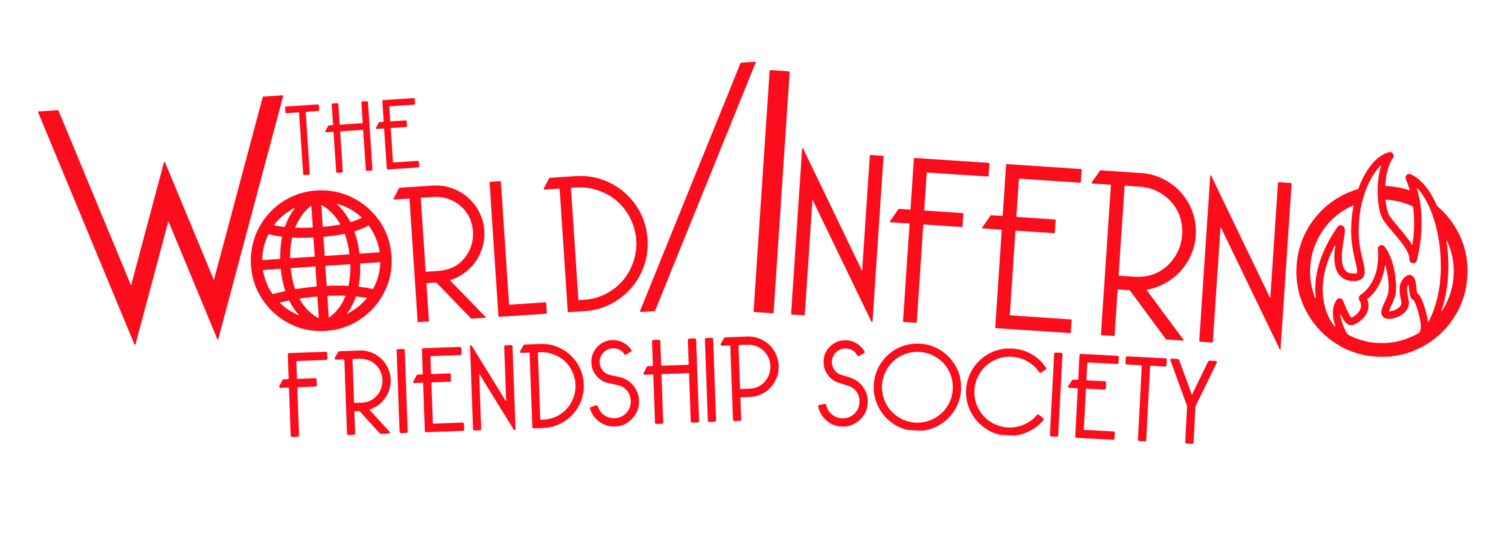It is dark, of course, as so many rituals are at least partly predicated on light and the manipulation thereof. Think of grand stained glass cathedrals with hosts and wine, of sinister or pleading séances, illuminated by candles and expectant eyes, river banks in broad daylight, the laying of hands and calm or violent submerging of those awaiting cleansing by the grace of the rite and belief. That last key ingredient should not be overlooked. Ritual does not operate without belief, it is not a site for conversion or convincing, neither proof nor argument soon forthcoming. The argument has been had, whether drummed in from youth or discovered in epiphanic reverie. Proof is accepted as likely in its physical absence as its emotional—not to say spiritual—presence. The conviction is deep enough to participate, and the conversion is renewed by each performance of the act.
And thus, it is dark, as this is a ritual which requires absence, begins from nothing and builds outward, any light emanating strictly from within. It is an unassuming temple, but that’s wholly besides the point—the body is simply a vessel, and the domicile which holds it is easily converted into a staging ground for the rites to follow. The plush carpeted floors and wood-paneled hallways are markers of suburban comfort and constancy, not the trappings of unspoken gesture and wordless utterances designed for ends known only to their performer. Though we might propose that the ritual is cleansing, purifying, purging the desperation of punk shows and the lassitude of van entrapment. While there are multiple bodies packed tightly together at most hours of these days, there still might be a few stolen dusky hours, alone. And so the ritual has this flavor about it: aloneness. Not loneliness, for Jeffrey is hardly Poor in these intervals, reserved for himself.
Cashman hears, and senses, the initial signals of the impending events. As the tiniest, nearly imperceptible pops and crunches, as pine needles on a small kindling fire, carom down the corridor, there can be little doubt that Jeffrey is not, in the most wee of hours, sharing the comforts of slumber impending. He is afoot, alive, pursuing ends solitary and, again, ever again, dark. Next follow the squeaks and grunts, an arrhythmic tattoo of sounds bridging the divides between beast and man, man and spirit, spirit and beast. There is the brief but palpable pungency of ardor, perspiration creating a latent humidity, which is followed by the movement of air from limbs carving swift arabesques through empty space. Cashman, laying on a couch two feet too short, and six inches too narrow, for his frame stares at the ceiling in anticipation of what is to come around the corner, following that hot breath, and chagrin, at drawing the shortest straw.
But these signals are a false harbinger, as the breath passes and the air settles. Whatever has occurred, perhaps as near as inches away, as the passageway cannot be more than ten feet in total, has ceased.
Or at least paused. The sense, the standing electricity in the room which binds two young men together, one of whom should by rights be long asleep, the other with no intention whatsoever, makes the fine hairs on each of their arms stand on end, and it’s clearly only a matter of time. As if on cue, Cashman sighs, and the ritual renews itself with full force. Jeffrey’s lithe body appears feet first, cartwheeling—or is it handspringing? Cashman is in no position to distinguish, other than that the grunts are first low and then high—into the center of the room, not necessarily for the purpose, but definitely with the result, of offering an ideal vantage for spectatorship. Like any good, ritual, this one includes a talisman, and though it is mysterious, we could again speculate on its significance and utility in the acts to follow. Cashman could not possibly have discerned the nature of the talisman until the last steps of the ritual, but he had a sense of two likelihoods: that the talisman was heavier than it appeared despite Poor Old’s deftness in manipulating it, and that Jeffrey was covered to the smallest possible degree modesty would allow, which very well might have been not at all. The talisman was set on the floor as the performer lowered himself to flat on his belly, arms spread to either side, outstretched in the shape of a cross. After a grand exhale and a further series of high-pitched tweets, the talisman is placed on the small of the back, and Jeffrey proceeds to perform a complex series of maneuvers he winkingly refers to later as his “gentle stretches,” which by Cashman’s bemused estimation are something closer to “brutalist poses.” The spectator balances himself on one arm to watch long enough for the arm to fall asleep, reminding him of the overall body and mind’s preferred state, and he suddenly breaks the ritualist from his performance: “Jeffrey, go outside or go to bed.”
The performer obligingly takes to his feet, adroitly flipping the talisman up into his waiting hands with an obviously rehearsed maneuver of the feet. The light catches it, a plastic tub, opaque with its contents, upon the opening of which are revealed to be a potent brew of ham, Swiss, turkey, and the unmistakably cloying whiff of vanilla French toast—and with a voracious, victorious tear and bite, the ritual is completed in the fashion of Monte Cristo himself. Jeffrey chuckles knowingly as Cashman rejects his offer for a morsel, and offers a full-mouthed good evening.


